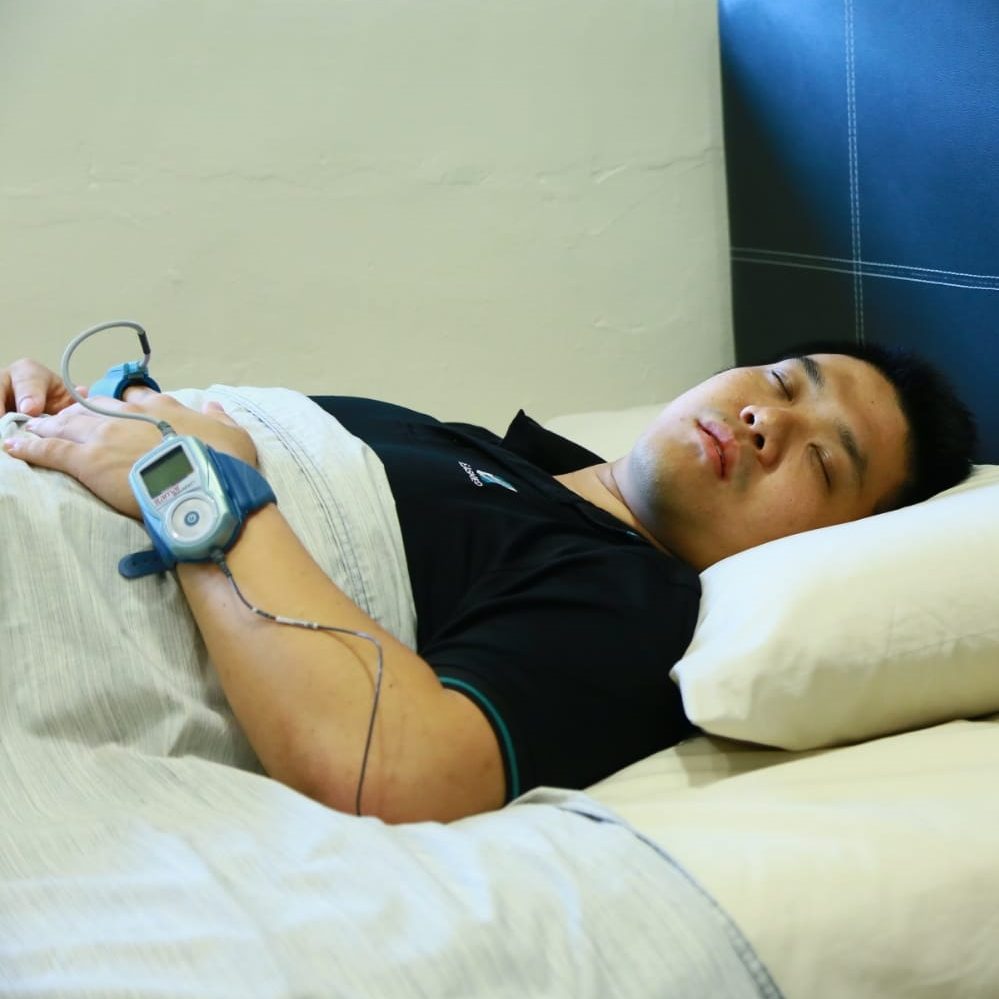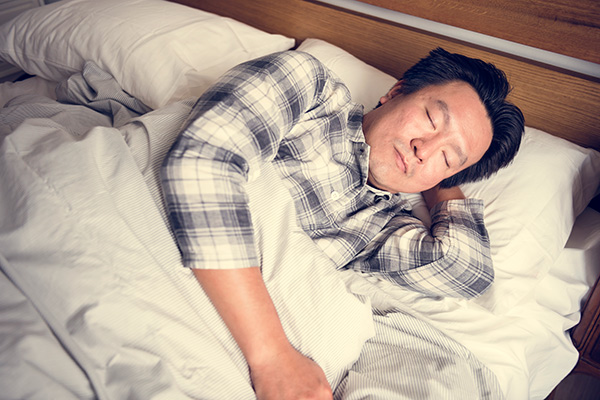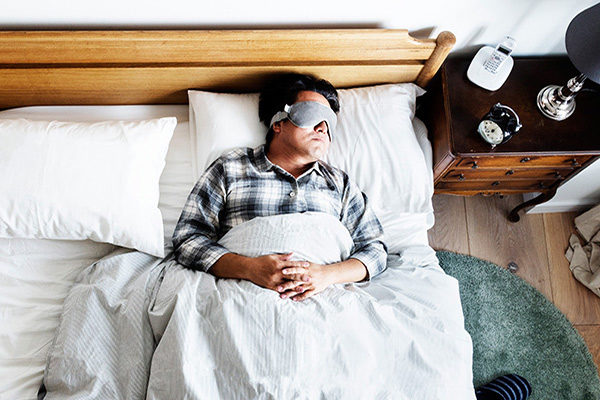Just like Anthony above, IT Sales Manager Benjamin, 36, was diagnosed with Obstructive Sleep Apnea in 2017. His work performance had been steadily declining, and he felt tired at meetings even as he tried to sleep more at night and on weekends.
His wife complained about his incessant snoring, and initially, he blamed it on the stress of taking care of his newborn baby boy, but the problem persisted despite having his parents caring for his baby for a month.
It was after losing concentration behind the wheel and getting into a minor fender bender that he sought help. A few visits to the doctors had him diagnosed properly with Obstructive Sleep Apnea, a condition where his airway was partially blocked when sleeping. This meant that he wasn’t getting enough oxygen while he slept, which causes daytime fatigue, headaches as well as declined mental faculty after waking up.
Look to the person on your left, now do the same for the person on your right. One of you would probably have Obstructive Sleep Apnea, even without you knowing.
The thing is, not everyone suffers from OSA in the same way. It is important to understand this as it factors heavily into determining the right type of treatment.
Now, perhaps you might have read about the different “smartwatches”, “fitness bands” or even health apps proclaiming to help you diagnose your sleeping pattern. However, they are not medically certified, and will have disclaimers about seeing a doctor for an accurate diagnosis.
Imagine the consequences of a wrong diagnosis – you might not get the help you need, and the sleep disorder might worsen.
Back to Benjamin, our poor Sales Manager. His relationship with his wife was strained due to him not having proper sleep due to his snoring, and his work performance was taking a hit. He was nearly at his wit’s end, but he didn’t want to go through surgery. Thankfully, he found us, and came to us for a Sleep Consult, and found out the different therapies available to OSA sufferers.
Since going through with the Continuous Positive Airway Pressure (CPAP) therapy, he sleeps a full restful 8 hours a night and has not fallen asleep while driving. While Benjamin reacts well to a CPAP therapy, did you know that you can improve your sleep with something as simple as a tennis ball?








